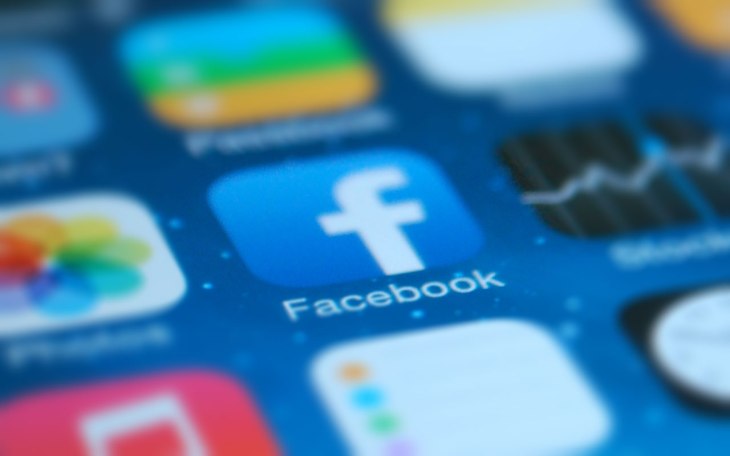Facebook has already come under fire for hosting groups organizing anti-quarantine protests in response to government lockdowns amid the coronavirus outbreak, and those promoting fake coronavirus cures and misinformation. Now it’s trying to figure out what to do with the growing number of COVID-19 community groups on its platform worldwide. In hopes of better educating group admins, the company today began its first-ever digital event for those running COVID-19 groups. The event, “Community Connect: Navigating COVID-19,” takes place April 21-23 depending on timezone, and focuses on best practices for COVID-19 groups.
In the English portion of the event that ran today, Facebook CEO Mark Zuckerberg, as is typical, positioned Facebook as a force for good.
“It’s times like this when strong communities are needed most. With everything going on, I think the power of online communities in particular has really shined through and been clear, and you all are at the heart of this,” he said. “You are running groups that have helped to organize grocery delivery to older neighbors, groups where parents can share homeschooling tips, groups to source equipment and lifesaving information for healthcare workers, groups to support people who are now out of work or who have seen their businesses take a really big hit,” he continued.
“Even if not organizing directly around coronavirus yourself, your groups have provided an escape for people or a sounding board for people who need support and comfort during this time,” Zuckerberg added.
However, Facebook Groups have also contributed to the spread of misinformation, despite Facebook’s efforts to keep this content off its platform.
Just yesterday, for example, The WSJ reported on data from watchdog group NewsGuard which found that coronavirus misinformation and conspiracy theories remained highly available across Facebook, with some posts seeing thousands of likes and comments. The report also found that sites with millions of Facebook followers have been touting fake cures. Others spread conspiracies so bizarre they’d be laughable except for the fact they’ve led to real-world crime — as in the case of arson attacks on cell towers by those convinced a virus is spread by cell signals.
An earlier study by a different group examined over 100 pieces of debunked COVID-19 related misinformation, and found these posts were shared 1.7 million times and viewed 117 million times between January 21 and April 7, VICE recently reported. When the report was published, 41% of the content was still live — indicating a failure in Facebook’s promises to remove this sort of COVID-19 misinformation.
The rapid growth of Facebook Groups as a result of the coronavirus health crisis now makes it even more difficult to get a handle on this sort of content, as many groups operate privately.
In the U.S., more than 4.5 million people joined COVID-19 support groups on Facebook, the company announced today. Over 3 million have done the same in Italy and more than 2 million have in the U.K., Facebook said.
It’s true that many groups may be focused on community information and support — like those designed to help neighbors, support local businesses or give to charitable organizations, for example. But Facebook groups can also be a private forum where misinformation is easily shared, without fact-checking.
And in a pandemic situation, misinformation and fake medical advice becomes even more dangerous as people risk their own health and put others at risk, as well. These fake cures are not dubious supplements being hawked by your high school friend in an MLM — they’re useless and sometimes even dangerous fake cures — like drinking bleach or snorting cocaine.
Facebook has at least been trying to wedge in credible health information into groups.
Recently, it added a prompt for group admins to share live broadcasts about COVID-19 from credible health organizations like the WHO and official state and country health departments. And in partnership with the CDC, Facebook developed learning units based on CDC guidelines that admins are able to add to their group.
Coronavirus group members will also see an educational pop-up in the group itself, directing them to credible information from health organizations. Plus, coronavirus-related search will point to this same information.
“I can promise you that I can speak for everyone at Facebook when I say that it is our top priority to build products that can help everyone right now,” said Fidji Simo, head of Facebook App, at today’s event. “Whether it is helping make sure you see the latest accurate information from credible health organizations, to helping to provide economic opportunity and stability to businesses who are struggling, to helping facilitate the growth of online communities at the local and global level,” Simo added.
Facebook’s real top priority, however, has been its money-making ad business, which captures a significant portion of its engineering resources, while moderation and fact-checking get outsourced. Without regulatory penalties for allowing dangerous information to spread, that will likely remain unchanged.
Facebook says it plans to host a number of digital events for group admins in the months ahead.
































Comment